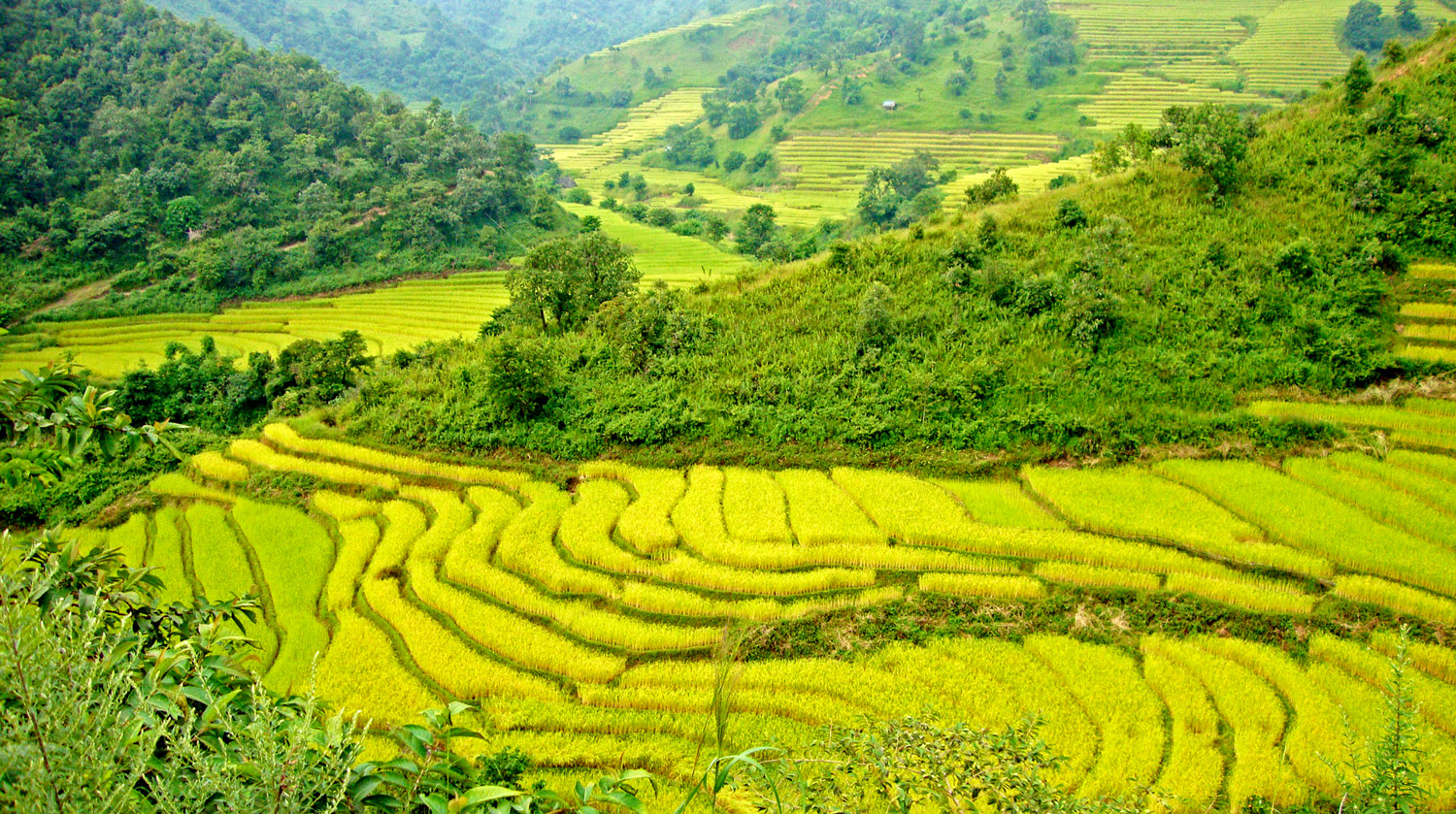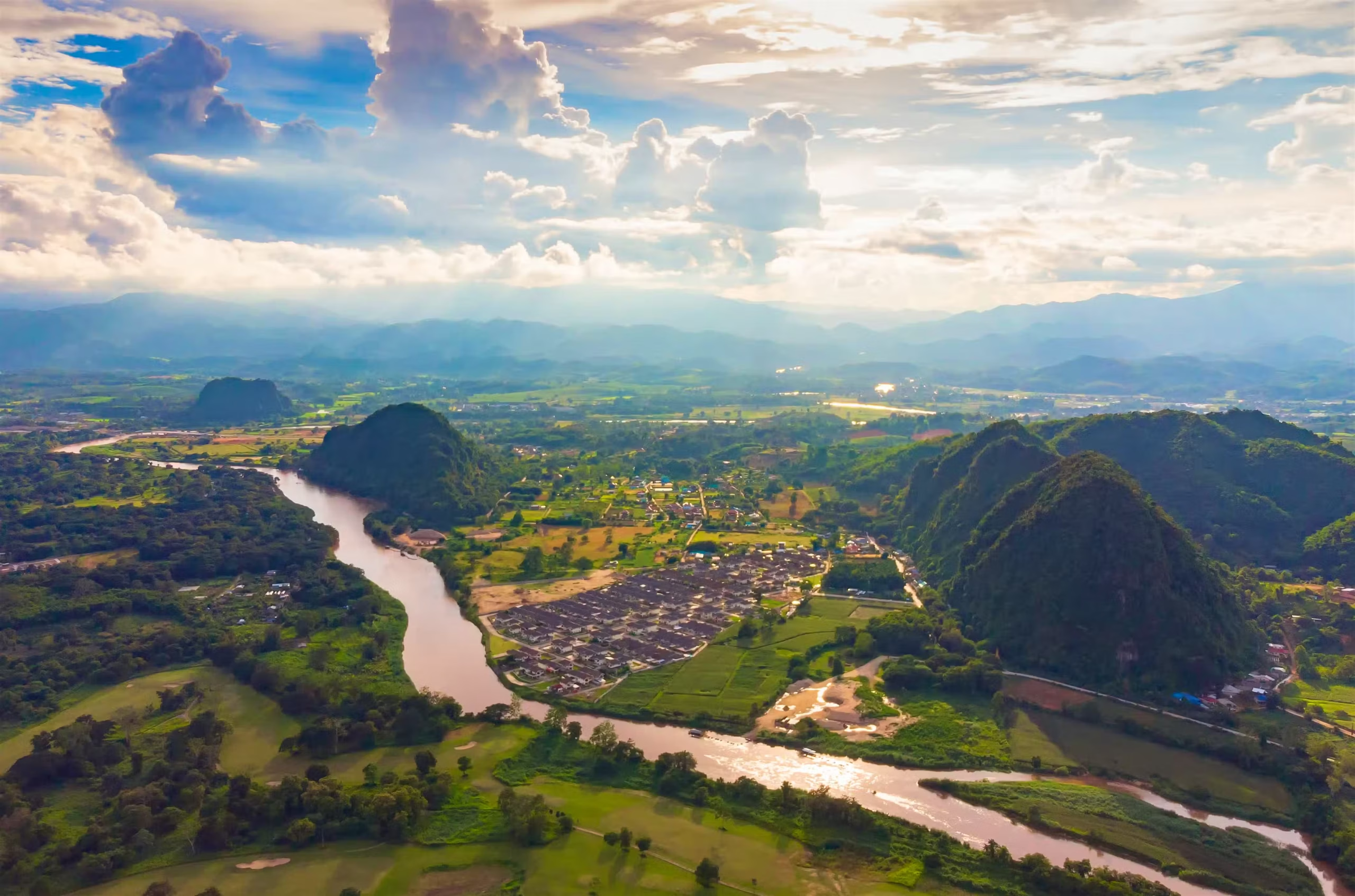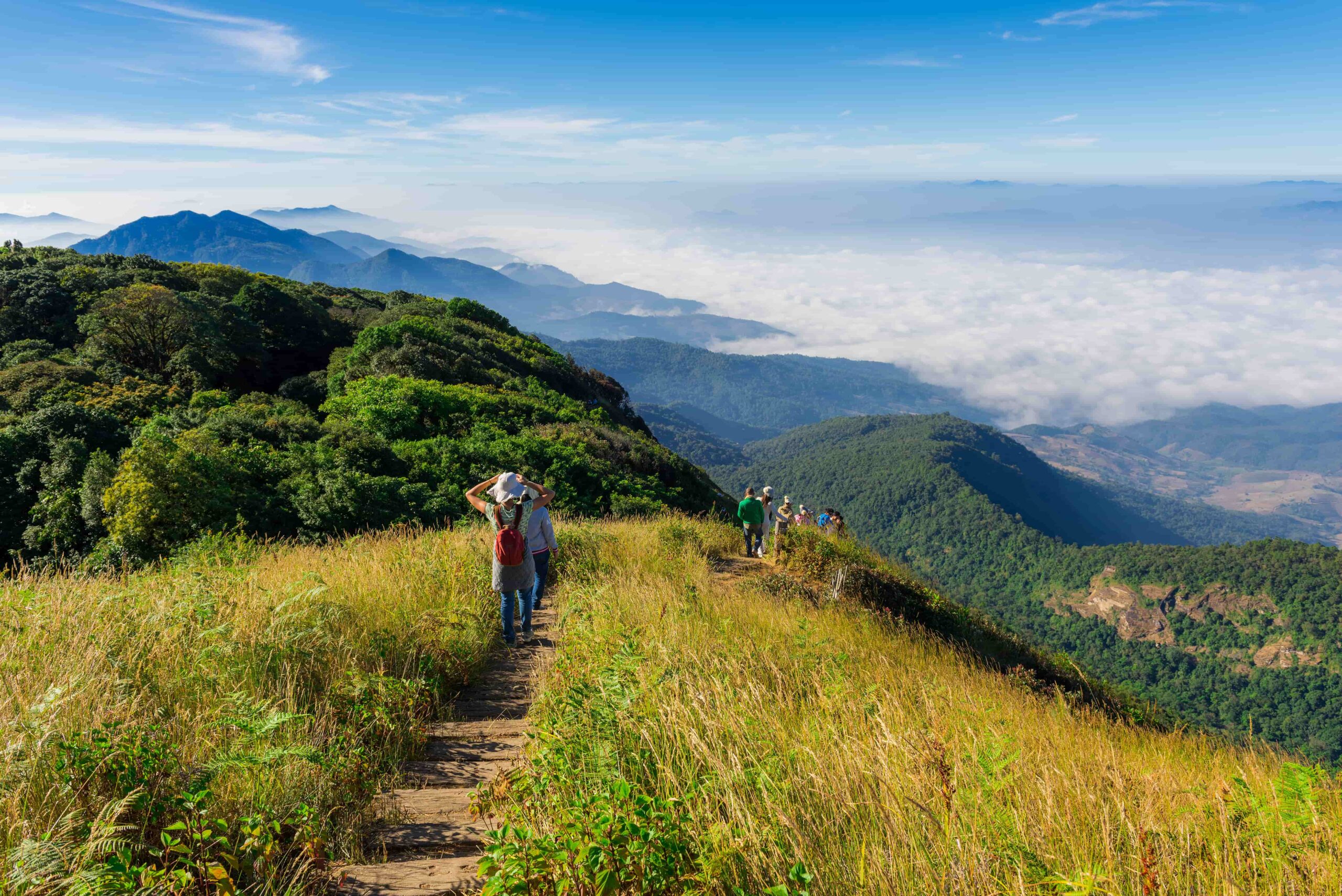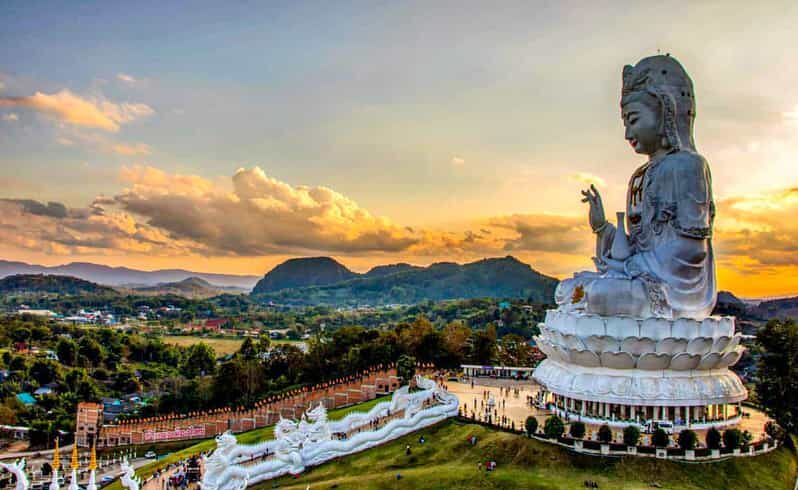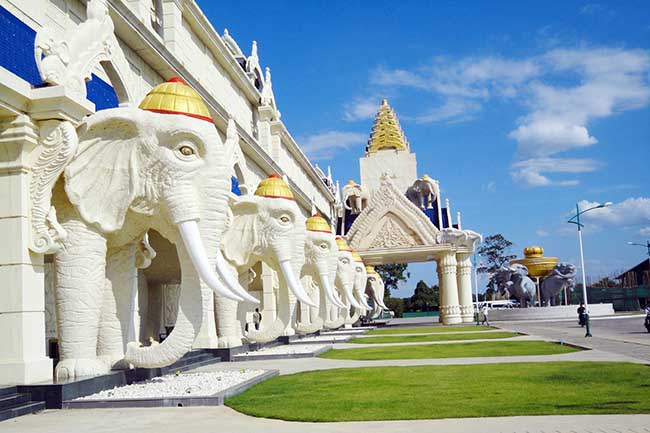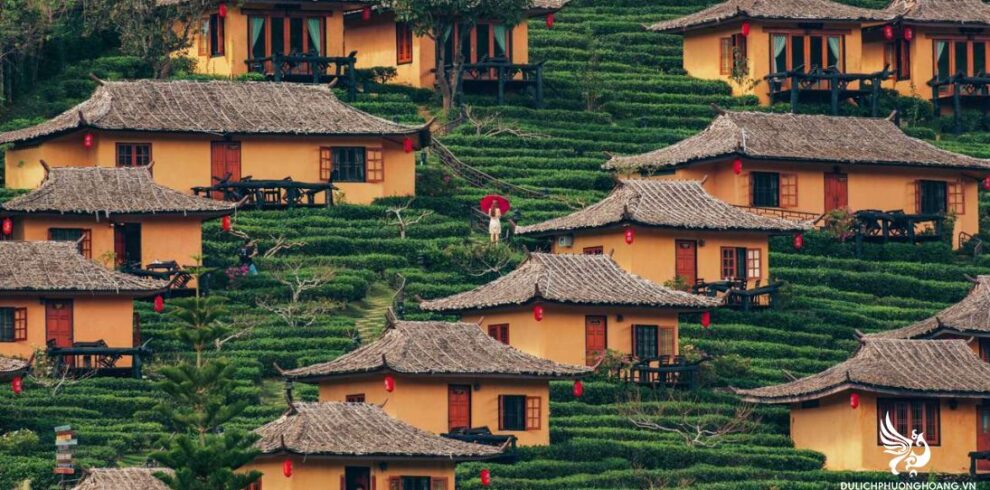Overview
Discover the spectacular mountain landscapes of northern Thailand trekking in Chiang Rai. Spend two or three days exploring rice paddies, tea plantations and pretty rural villages.
Itinerary
- Morning you are free at your hotel. At 10am when you are picked up from the hotel. The first stage involves a leisurely boat ride in a longtail boat up the Kok river for about 50 minutes. We come ashore at Karen village and the adjacent elephant camp where you can explore the village or enjoy an elephant ride (½ hour) After lunch in the village, we will begin the trek which will pass through different scenic locations like Karen village, rice fields, mountainous plantations, bamboo forest and a great viewpoint. Next, we hike through the mountains to reach the Yafu village where the Lahu Hill Tribe resides. We will enjoy the authentic experience of staying with a Lahu Family in a bamboo house.
- Dinner will be prepared for you in the village itself.
- Morning breakfast at 8.30 AM. We then trek through the mountain rice fields and the adjoining plantations. We will then arrive at the Huay Mae Sai waterfall where we can relax, enjoy the picnic lunch and swim for a while. Then we continue our trek through the bamboo forests of the Akha hill tribe and then return to Yafu village to shower. To end the day’s trek, a short 20-minute walk takes us to the camping area where we stay overnight in tents.
- Dinner is cooked traditionally on bamboo, enjoyed with a great view of Chiang Rai.
- After breakfast, we will trek for about 2 ½ hours to return to Karen village where we will have lunch at a local restaurant. We drive to the nearby hot springs, where you can enjoy a luxurious soaking to celebrate your trek. We will then enjoy the sights at a Chinese style temple with the largest Guan Yin image. If you wish to take a closer look, we can disembark and the guide will show the most beautiful elements of the temple after which we will drop you back at your hotel by 2 PM.
Includes/Excludes
Includes
- The English speaking guide as guided time
- Basic homestay in the village
- Meals as indicated (B = Breakfast; L = Lunch; D = Dinner)
- All entrance fees
- Mineral water
- Government taxes & service charge
Excludes
- International/Domestic Airfares.
- Early check in/ late check out
- Meals not indicated
- Drinks & beverage..
- Personal travel insurance (Compulsory).
- Personal expenses such as telephone and laundry bills.
- Tips and gratuities
- Surcharge for festivals (Loy Krathong, Sonkran…), X-Mas & New Year Eve.
- Compulsory Gala Diner on 24 & 31 Dec 2022 (if any).
FAQs
Vietnam offers a unique blend of natural beauty, rich history, and vibrant culture. From the stunning landscapes of Halong Bay and the terraced rice fields of Sapa to the ancient cities of Hoi An and Hue, Vietnam has something for every traveler. Immerse yourself in bustling markets, savor the flavorful cuisine, and experience the warm hospitality of the Vietnamese people.
Some of the must-visit attractions in Vietnam include:
- Halong Bay: A UNESCO World Heritage site known for its breathtaking limestone karsts and emerald waters.
- Hoi An Ancient Town: A charming UNESCO World Heritage site with well-preserved historic buildings and vibrant lantern-lit streets.
- Cu Chi Tunnels: Explore the vast underground network used during the Vietnam War.
- Mekong Delta: Experience the vibrant river life, floating markets, and lush greenery of the Mekong Delta region.
- Imperial Citadel of Hue: Discover the ancient royal capital of Vietnam with its majestic palaces and citadel.
Vietnam offers a wide range of activities, including:
- Trekking and homestays in the mountainous regions of Sapa and Mai Chau.
- Cruising along the Mekong Delta and exploring its intricate waterways.
- Cooking classes to learn the art of Vietnamese cuisine.
- Cycling through the picturesque countryside of Hoi An.
- Scuba diving and snorkeling in the crystal-clear waters of Nha Trang.
Vietnam is generally a safe country to travel in. However, it’s always important to take standard precautions and be aware of your surroundings. It’s advisable to keep your belongings secure, avoid walking alone late at night, and follow any local guidelines or advice
The best time to visit Vietnam depends on the specific regions you plan to explore. Generally, the months of April to June and September to November offer pleasant weather across the country. However, each region has its own climate and unique attractions, so it’s worth considering the specific activities and destinations you have in mind.
Booking a trip to Vietnam is easy. You can either plan and book everything yourself or enlist the help of a trusted travel agency. Research online, read reviews, and compare prices to find the best deals. If you prefer a hassle-free experience, a reputable travel agency can help you tailor an itinerary, arrange accommodations, transportation, and provide local insights for a seamless journey.


